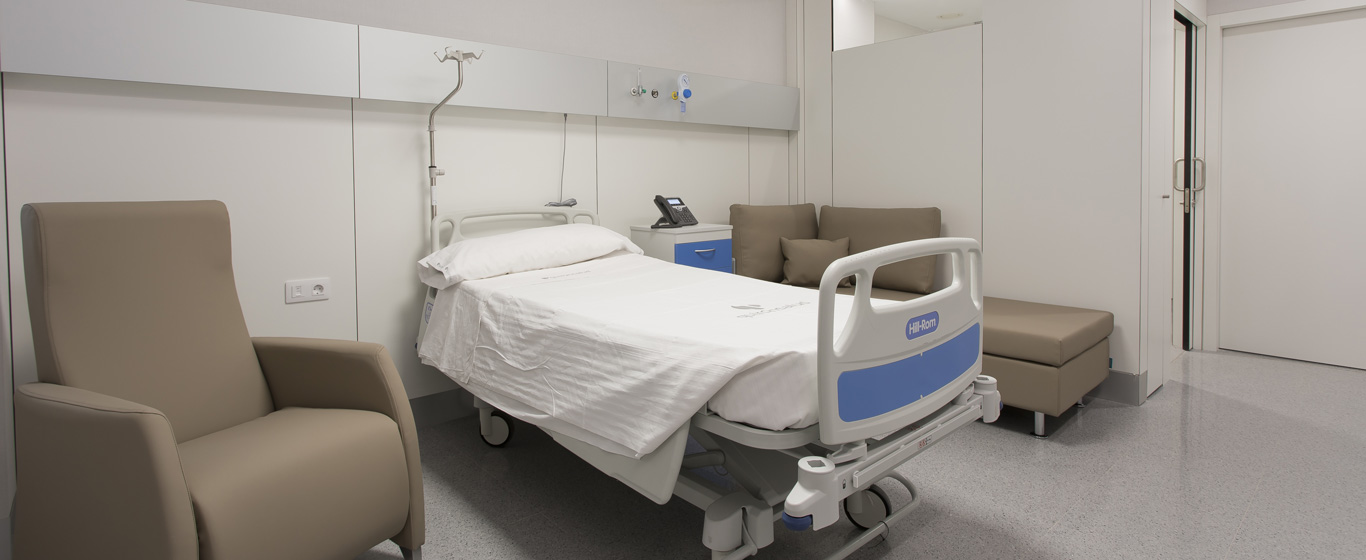Myocardial Infarction
What is a myocardial infarction? Information on its causes, symptoms, treatments, and how it differs from angina.
Symptoms and Causes
Myocardial infarction is a type of ischemic heart disease that occurs when the heart does not receive enough blood due to the narrowing and stiffening of the arteries caused by cholesterol and fat buildup in their inner walls.
Unlike angina, where the coronary arteries are only partially blocked, a myocardial infarction results in a complete obstruction of these blood vessels, making it significantly more severe.
The part of the heart muscle affected by the lack of blood supply does not recover, as the cells die. Therefore, patients must take lifelong medication to control the disease. While their quality of life may deteriorate, most can resume almost all their daily activities within a short period.
Symptoms
The most characteristic symptoms of a myocardial infarction include:
- Tightness and pain in the chest, often radiating to the neck, arm, jaw, abdomen, or back.
- Nausea and heartburn.
- Fatigue.
- Dizziness.
- Cold sweats.
Women may experience different symptoms, making clinical suspicion essential for early diagnosis.
Causes
A myocardial infarction is caused by the obstruction of an artery supplying blood to the heart due to the rupture of an atheroma plaque and the formation of a clot over it.
Risk Factors
The risk factors for a myocardial infarction include:
- Men over 45 and women over 55.
- Family history of heart attacks in first-degree relatives under 55.
- High blood pressure.
- High cholesterol levels.
- High triglyceride levels.
- Smoking.
- Obesity.
- Diabetes.
- Physical inactivity.
- Stress.
Complications
The main complications of a myocardial infarction result from the damage suffered by the heart muscle during the attack. These injuries can lead to arrhythmias, heart failure, pericarditis, cardiac arrest, or sudden death.
Prevention
Maintaining a healthy lifestyle can prevent myocardial infarction. It is recommended to eat a balanced diet, maintain a healthy weight, avoid smoking, and engage in regular physical activity.
What Type of Doctor Treats Myocardial Infarction?
Myocardial infarctions are diagnosed and treated by specialists in Emergency Medicine, Intensive Care, and Cardiology.
Diagnosis
A myocardial infarction is diagnosed based on symptoms. To confirm the diagnosis, the following tests are typically performed:
- Electrocardiogram (ECG) to detect heart abnormalities and check for damage caused by a previous heart attack.
- Blood tests to measure cardiac enzyme levels.
- Angiography or coronary catheterization to assess the condition of the arteries.
To avoid complications, it is recommended to go to a hospital immediately if chest tightness or pain lasts for more than five minutes.
Treatment
Myocardial infarction treatments vary depending on its severity and the patient's characteristics. Doctors may choose from the following approaches:
- Pharmacological: Initially, oxygen and anticoagulant medications are administered to prevent clot formation. In some cases, intravenous thrombolytic drugs are used to dissolve the clot, although the first-line treatment is usually cardiac catheterization. Afterward, patients must continue taking medication to lower blood pressure, improve blood circulation, and prevent clots.
- Cardiac catheterization: A procedure to clear blocked arteries. In some cases, this intervention must be performed within the first few hours after symptom onset. It involves placing a stent to open the blocked artery.
- Surgical: In rare cases, a coronary bypass surgery is required.





















































